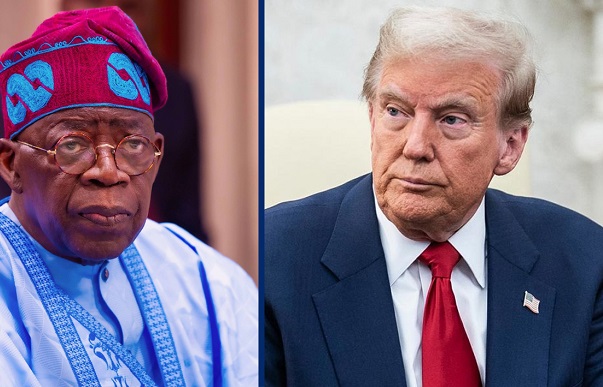Nigeria’ll not be divided by Washington’s outdated propaganda
|
Getting your Trinity Audio player ready...
|
By Sadiq Muhammed
Who is really after Nigeria? Once again, Nigeria has been thrust into the spotlight of Western commentary, with Washington suddenly professing alarm over alleged mass killings of Christians. The timing raises more questions than answers. For decades, Nigerians have lived under the shadow of insecurity, Boko Haram terrorism, banditry, and farmer–herder conflicts. Yet only now, when Nigeria has taken a principled stand in solidarity with Palestine, does the United States rediscover its “concern.”
Let us be clear, the claim that Christians are uniquely or disproportionately targeted in Nigeria is a distortion. The data is readily available. Boko Haram and bandits have killed Muslims and Christians alike. In the Middle Belt, much of the violence is tied to ethnicity, land, and resources not religion. Among Fulani communities are Christians; among indigenous groups are Muslims. To frame every conflict as sectarian is not only inaccurate, it is dangerous.
If Washington truly believed Christians were the chief victims, why did it refuse to sell weapons to President Goodluck Jonathan a Christian when Nigeria desperately needed them to confront Boko Haram at the height of its terror? Was the U.S. complicit in weakening Nigeria’s capacity, giving terrorists the upper hand, only to recycle the narrative years later as propaganda?
The hypocrisy becomes starker when one looks at Gaza. Prime Minister Benjamin Netanyahu has overseen the killing of thousands of Christians and Muslims alike, and sacred Christian sites including the Church of the Nativity, revered as the birthplace of Christ have been desecrated. Are Palestinian Christians invisible to Washington’s conscience? Or are some Christian lives more expendable than others?
What we are witnessing is not compassion but politics. It is a tired tactic exaggerate, distort, and weaponize narratives of religious persecution to divide nations and impose external agendas. Nigerians are not blind to it. We know too well that our challenges are rooted in governance, corruption, and resource struggles not in a simplistic Christian versus Muslim script.
Nigeria will outlive this propaganda. Attempts to pit us against one another for geopolitical gain will fail, as they always have. The real danger is not our diversity of faiths, but the willingness of outsiders and, sadly, some of our own leaders to exploit that diversity for destructive ends.
Muhammed can be reach at [email protected]



Comments are closed, but trackbacks and pingbacks are open.